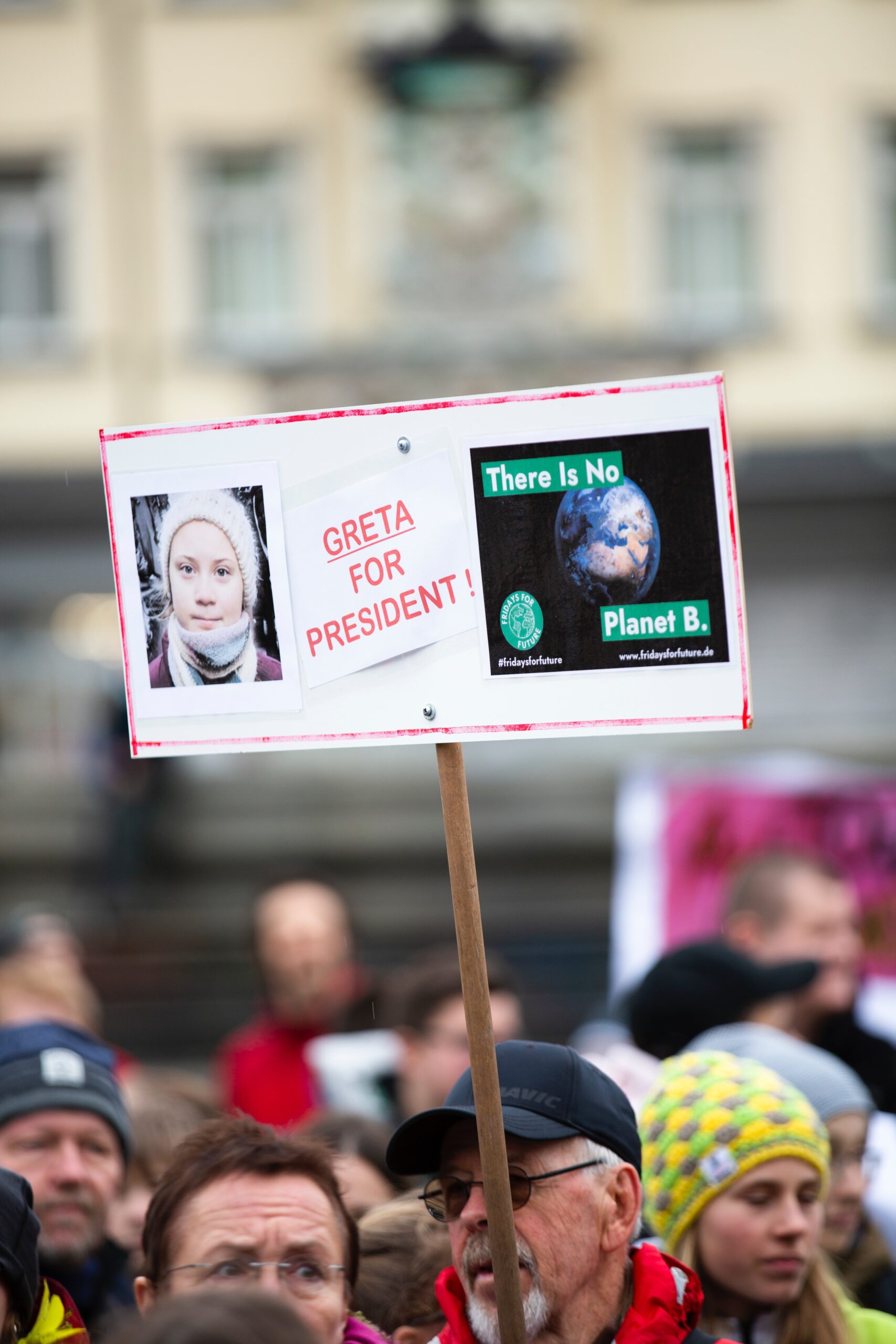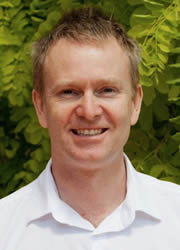I wrote the first draft of this piece during the 2019-2020 bushfire catastrophe in Australia. It is estimated that over 18 million hectares burned in this disaster, more than a billion animals lost their lives, along with innumerable bats and insects. Thirty-three people were directly killed, but 450 have since died, due to the effects of smoke inhalation on their health.
16-year-old Swedish climate activist Greta Thunberg has risen to rapid global prominence through the clarity of her speeches, the ‘on mass’ climate change school strikes, and the media circus that has developed around these phenomena, and her persona. As she said recently, she shouldn’t have to come to the United Nations general assembly and speak on climate change, as what she is calling for, which is an unambiguous call for climate action, should already have been enacted by governments, and other powerful bodies around the world. But the truth is that her terrifically straightforward and impassioned words are not so easy to follow or to make happen. Like many others, I have been moved by the way she has been able to cut through the frequently peripheral and often unhelpful political concerns that have clouded this debate and made true action on climate change so difficult thus far. Further, I believe that education, starting from the earliest years, and culminating in highly advanced doctoral studies and their concomitant research programs, has to shift its focus to make the real, necessary, wholesale action relating to the words of climate activists such as Greta come to pass. This is because the often superficial and limited reversals to the ways in which we are currently going about creating future society through education; that are frequently limited to the margins of environmental education, will not be enough to stave off the dangerous climate change that Greta so eloquently talks about. I would like to take an opportunity for genuine debate after Greta, to suggest ways forward to help build a better future society, and that could help us to vary course before the effects of climate change make alteration impossible and irreversible (if that has not already happened).
The biggest single problem that we face is the fossil fuel industry and its place in society. Even though I am revising this piece during the COVID-19 lockdown, it is still true that most of us drive cars that run on petrol. We take plane flights that use jet fuel regularly (or used to). Coal is still being mined and used for energy production worldwide, especially in places such as Australia. Natural gas is seen by some as a better alternative, or climate change transitional fuel, though it is still a net carbon-emitter. However, the hard truth is that if we want to make a difference in and through education, we need to turn away from the fossil fuel industry altogether in our everyday educative lives. Going on strike, or planting more trees will not achieve this reversal in the long run. The only way the dependency on the fossil fuel industry this will be broken, is if committees or interested parties take over the running of places of education, and they ensure that all energy sources used by us are carbon-neutral. For example, the school car run has to be made through electric cars, or on electric public transport. The electricity that powers the schools and universities has to come from renewables. As you can see, this is from the ‘get-go’ a complicated matter, and a real difference will only be made from large-scale and well-coordinated action, involving the whole of society forcing eco-changes through legislation by politicians; who most often still cannot act out of fear of alienating the voters with the costs of renewables, new carbon-neutral infrastructure, a reduction in base-load power potential, and loss of revenue from fossil fuel exports such as coal. Decisive action of the type that Greta speaks of has to come from within, and education is a good place to start, as it contains the seeds of the future generation, and on whose lives these changes will depend. Of course, these new habits have to fan out eventually and encapsulate all other social activities and norms, but at least education could be a beginning.
One way that these alterations will be accelerated is through recognising that children’s voices and agency from an early age are essential players in these necessary reversals to aid with and augment climate change. What Greta has done for many is help us to realise that children, if they are enabled to think beyond immediate concerns, can extrapolate in ways that adults cannot. Hence, teachers and university lecturers have to provide forums for children and students to make plans to enact essential climate change variations in our everyday behaviours. Merely imposing regulatory climate change orders from the outside will not work, as the overall challenge is too great, too subtle, and too open to local perturbations, which will often defeat even the best of climate change action modelling. For example, carbon-offsets, carbon taxes, the notion of carbon neutrality, and green renewable targets, often become accountancy games, that are highly malleable, and easy to manipulate by big corporations. Instead, what I am suggesting here is that a real change in the power-flows of knowledge and their subsequent actions needs to occur, so that local populations are truly empowered with the necessary facts and skills to make the life-enhancing and community-building differences, and that future generations will desire and appreciate, as the reality of climate change becomes more acute.
The consequence of these alterations if they are to be implemented, is that much of what we now call education will change, and there are models to achieve this. Pointedly, everything that we currently associate with education has to be reassessed and henceforth reallocated as being related to climate change. Yes, it is good that literacy and numeracy and abstract reasoning skills are still taught, but understanding and acting upon climate change gives these skills and their acquisition a new focus, a new urgency, and, ultimately, a new reality. Some commentators have reacted in a patronising fashion to the emergence of figures such as Greta Thunberg as a major new voice in the climate debate, suggesting that children should not be made more anxious by the looming reality of climate change. However, condescending adults are probably the last thing that children need to think about right now. Real action will only happen when the dynamics of the Anthropocene are fully opened up, and understood by the future generation, who will truly exist with the consequences of leaving behind the relative climate stability of the Holocene for much of their lives. One might state that the real bravery to oppose contemporary fossil fuel elites in their entirety, will only come from the innocence/naivety of those who have not had to lie to deflect populations from the enormous changes in everyone’s lives that will come due to global warming. These are individuals such as Greta, who have not been paid to think otherwise, or been made to join in with the generalised corporate double-think that holds the profit margin above every other value, including the death of the planet.




